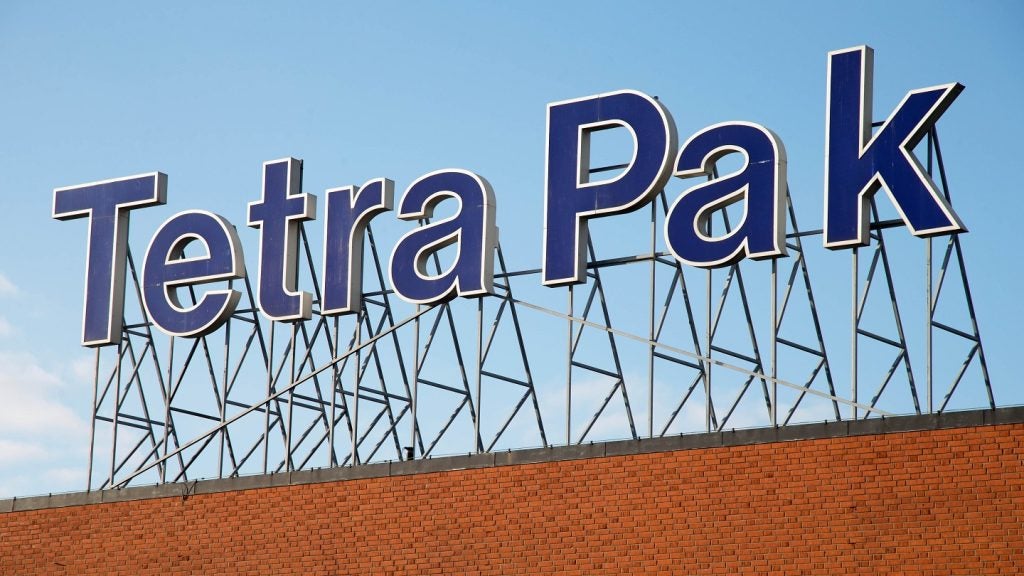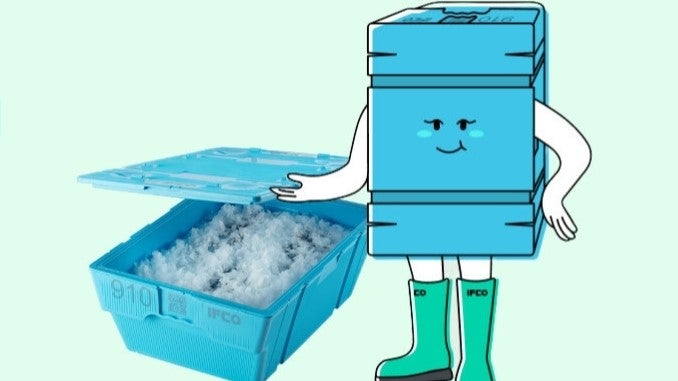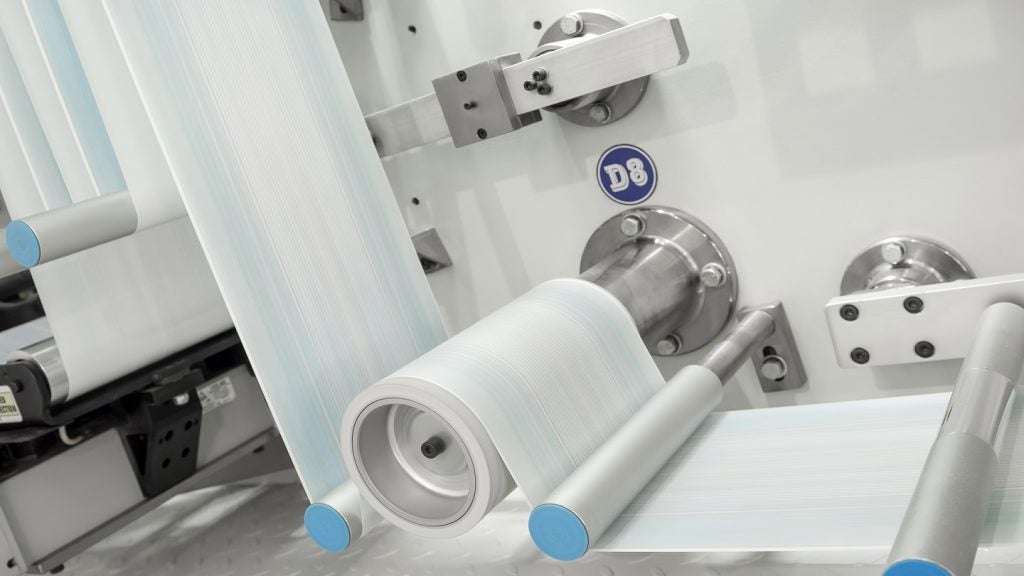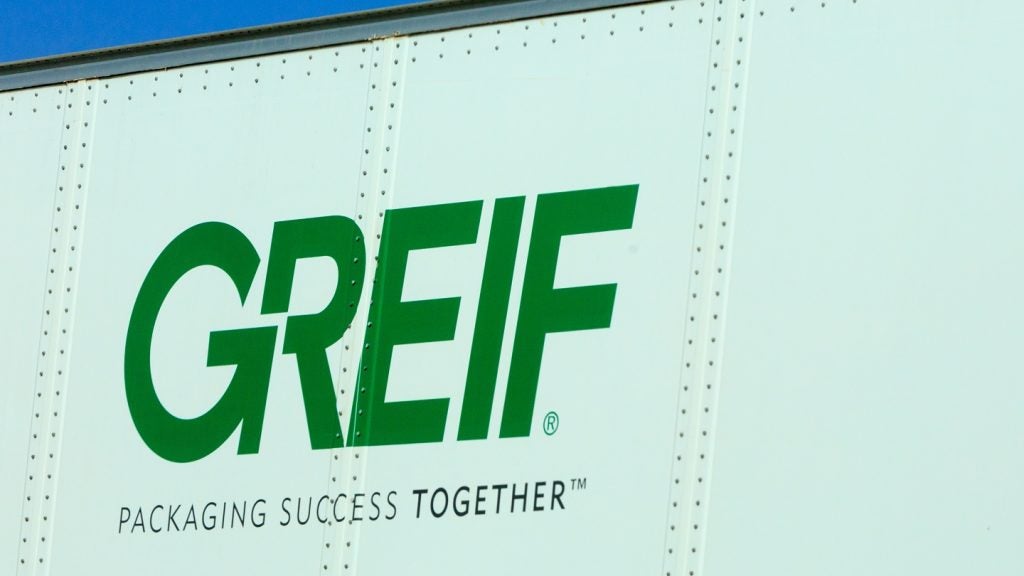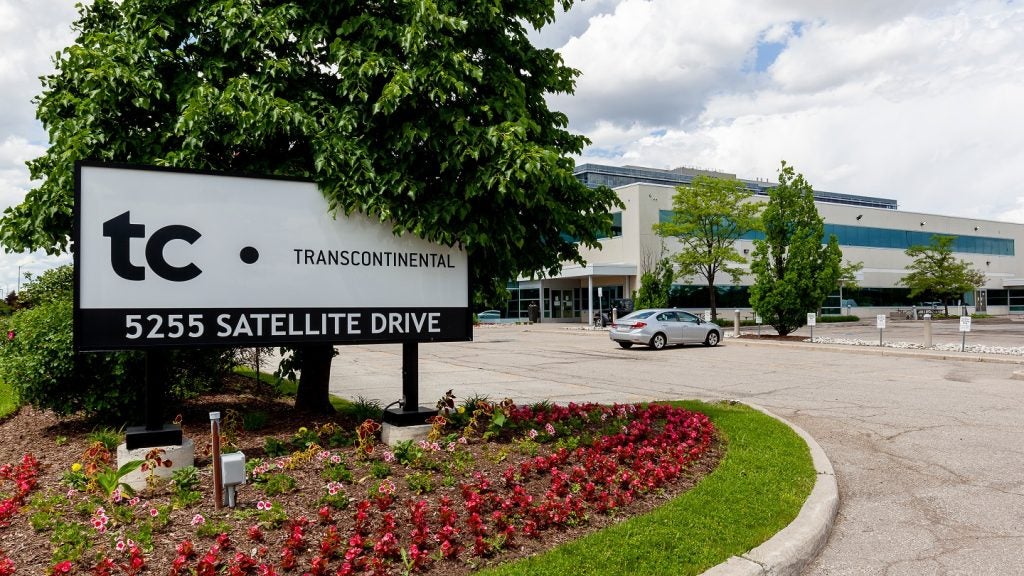Tetra Pak, a food processing and packaging solutions provider, has reported a 47% reduction in greenhouse gas (GHG) emissions within its operations since 2019.
This progress positions the company on a clear path to achieving its goal of net-zero GHG emissions by 2030 in its own operations.
Furthermore, the achievement supports the company's broader ambition to attain net-zero GHG emissions across its entire value chain by 2050.
The announcement was made in conjunction with the release of Tetra Pak's 25th Sustainability Report yesterday (5 June).
The report is structured around five interdependent areas, namely circularity, nature, climate, food systems, and social sustainability.
Tetra Pak's Sustainability Report for 2023 also highlights a 20% decrease in its value chain GHG emissions.
Tetra Pak has also reached a milestone with the introduction of an aseptic beverage carton with a paper-based barrier.
The carton features 90% renewable content, reducing the company's carbon footprint by 33%.
This breakthrough was the result of a €100m ($108.81m) investment in packaging research and development in 2023, with similar levels of investment projected annually for the next five to ten years.
Tetra Pak president and CEO Adolfo Orive said: “Collaboration across the food industry is ever more important to feed a growing population sustainably. Our global presence and end-to-end solutions give us opportunities every day to collaborate with stakeholders across the value chain, from farmers and food producers, to suppliers, policymakers, consumers and others.
“We understand the responsibility that comes with this role. We remain committed to playing our part to transform the world’s food systems, to ensure they are more secure, resilient and sustainable.”
Last month, Tetra Pak launched Factory Sustainable Solutions, a new programme designed to optimise energy, water, and cleaning processes across entire production facilities.


